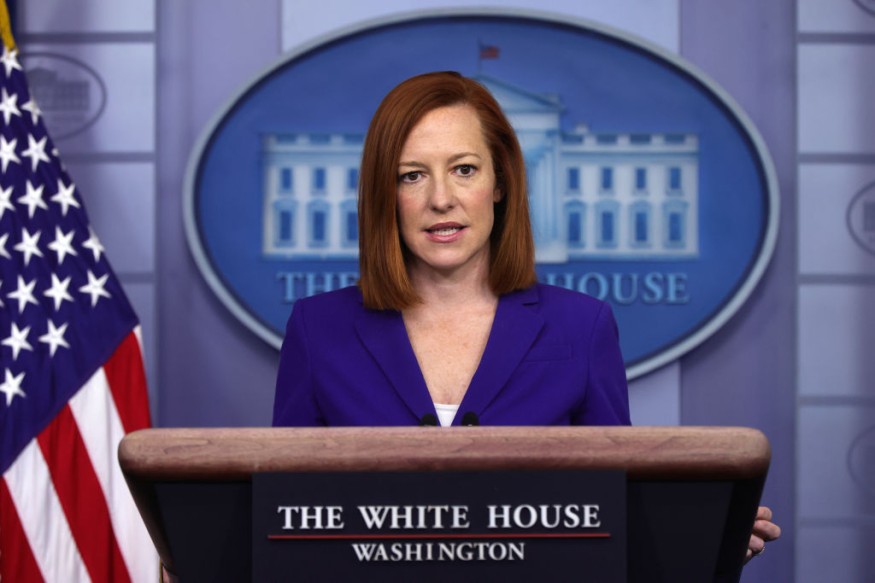When Are the Next Stimulus Checks Coming: White House Says It Will Reach Millions by the End of the Month

White House announced on Monday that eligible Americans could receive their $1,400 stimulus checks by the end of the month. This is after the Senate passed the measure with long deliberation over the weekend. The House, on the other hand, has yet to approve the changes applied on the Senate-approved version of the bill before being forwarded to President Joe Biden's office for signature.
The $1,400 stimulus checks are included in Biden's $1.9 trillion COVID relief package. White House press secretary Jen Psaki further said that the Department of Treasury is still smoothing out the exact schedule of the stimulus checks' release.
Psaki noted that "a large number of Americans to receive relief by the end of the month," according to an NBC News report.
Analysts reported that the checks could be sent out through bank account deposits in the next couple of weeks based on the stimulus checks payment last year.
"My understanding is that it's going to be a very similar timeline to what we saw with the second round of payments in December," Garrett Watson, a senior policy analyst at the Tax Foundation, was quoted in a USA Today report.
Meanwhile, the Internal Revenue Service has not yet announced how soon it will start to send the money to eligible receivers.
The IRS will be tasked to send out the checks in the middle of tax season. This could be a hindrance in the distribution of the checks.
However, Watson argued that the agency's experience in sending out the earlier stimulus checks last year should be a benefit.
Who Will Be Eligible?
Biden has restricted the eligibility of stimulus checks to deliver the said aid to those who need it most.
A single filer with an adjusted gross income less than $75,000 is qualified for the full amount of $1,400. The same goes for a couple filing jointly with an AGI of $150,000 and head of household with an AGI of $112,500, according to a CNET report.
All mixed family status are also included in the payout of stimulus checks. For instance, noncitizen parents with U.S. citizen children would still be qualified for stimulus checks.
Dependents will not be receiving their own stimulus checks. However, they could be adding up to the total of stimulus money families could receive.
For families that qualify, checks could be up to $3,600 per child under age 6 and $3,000 per child up to age 17 over the course of a year.
Unemployment Status
Meanwhile, Americans applying to get jobless aids are peaking to 745,000, which could show a picture of many employers continuing to cut employments, according to an Associated Press report.
Jobless claims rose by 9,000 from the previous week, according to a report from the Labor Department.
Applications for unemployment benefits had never reached 700,000 in any week during the Great Recession prior to the pandemic affecting the U.S. economy.
Job growth had recorded 29,000 a month from November through January, which could be brought by certain restrictions in businesses and the reluctance of the public to shop, travel, and dine.
A total of 4.3 million Americans are receiving unemployment benefits, with around 18 million people collecting forms of jobless aid.
WATCH: TFD Q&A With The White House: $15 Minimum Wage, Stimulus Checks, And What You Need To Know - from The Financial Diet
Subscribe to Latin Post!
Sign up for our free newsletter for the Latest coverage!
© 2026 Latin Post. All rights reserved. Do not reproduce without permission.











